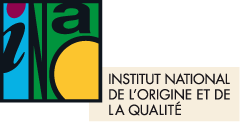This article is older and has been archived.
It remains accessible, but the information provided may be out of date or incorrect.
News
Tome fraîche de l'Aubrac" awarded PGI status
"Tome fraîche de l'Aubrac" is now officially recognized as a protected geographical indication (PGI), following its registration by the European Commission on October 23, 2023. It now enjoys Europe-wide protection. The fruit of know-how inherited from the buronniers of Aubrac, this cheese has become the basis for emblematic culinary specialties of the region, such as aligot.
The raw milk cheese of Aubrac recipes
"Tome fraîche de l'Aubrac" is made from whole, raw milk from cows of two hardy mid-mountain breeds, the French Simmental and the Aubrac. They produce milk with a balanced protein and fat content, an essential criterion for whole-milk production. Tome fraîche de l'Aubrac" smells and tastes mainly of fresh, buttery milk, with good intensity and persistence on the palate. Tome fraîche de l'Aubrac" is supple and firm, with a few openings. After hot cooking, this cheese has a strong, elastic, repeatable and smooth appearance, in keeping with its reputation!
"Tome fraîche de l'Aubrac" is mainly used as an ingredient for local culinary specialties, such as aligot.
Manufactured using traditional know-how
The manufacture of "Tome fraîche de l'Aubrac" involves the implementation of a particular cheesemaker's approach, whose know-how must be adapted to the raw material. After renneting, the curd is cut, stirred and drained in the production vat. It is then placed in a cloth and pressed in the "tome presses". The resulting blocks of tome are regularly cut, turned over and stacked before being pressed again. The tome is then left to mature, without being refined and salted.
.A climate that gives pastures remarkable qualities
A vast area of mountains and plateaus, Aubrac stretches across the departments of Aveyron, Cantal and Lozère. The mountains form a plateau at an average altitude of 1,000 m. To the west and south, the geographical area is naturally bounded by the Truyère and Lot rivers. This is where the cows graze for a minimum of 170 days a year, and where the hay is produced. In fact, all the forage consumed by the dairy herd must come from the geographical area. This forage can only consist of grazed grass and hay, and the quantity of supplementary feed is limited. GMOs are also banned from animal feed. Soil, climate and altitude combine to give the area's pastures remarkable qualities, the source of a rich, aromatic and abundant flora that perfumes the milk.
.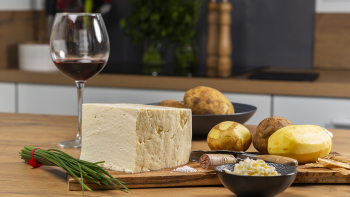
Key figures
77
exploitations productrices de lait
5
producteurs fermiers
2
transformateurs laitiers
+ de 250
emplois directs
840
tonnes produites, représentant 6,9 millions de litres de lait
Press release
Communiqué de presse : La « Tome fraîche de l’Aubrac » reconnue en IGP
CP INAO : La « Tome fraîche de l’Aubrac » reconnue en IGP
The latest approvals for French SIQO products
Superior quality chickpeas have just been recognized as Label Rouge following the publication of their approval order by...
News
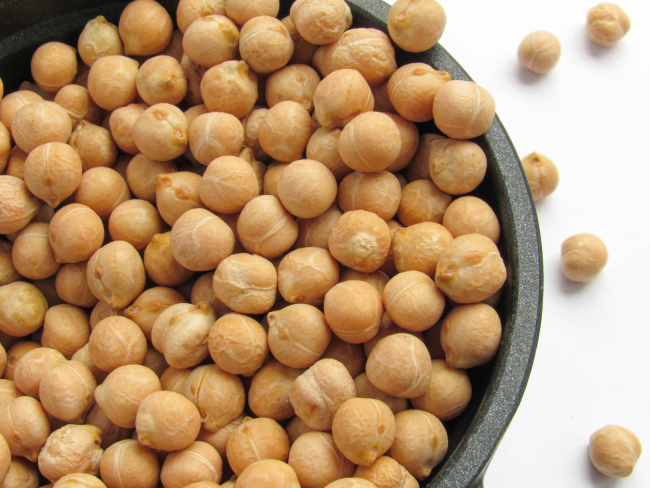
News
The name "Pérail" is officially recognized as a Protected Geographical Indication (PGI), by publication, on May 26, 2025...
News
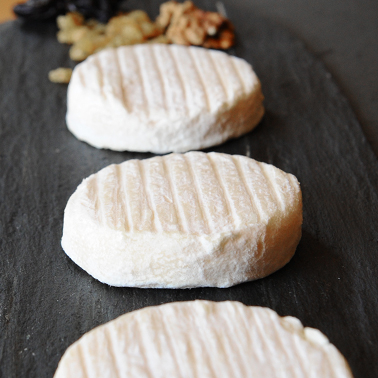
News
The name "Caviar d'Aquitaine" is officially recognized as a Protected Geographical Indication (PGI), with the...
News
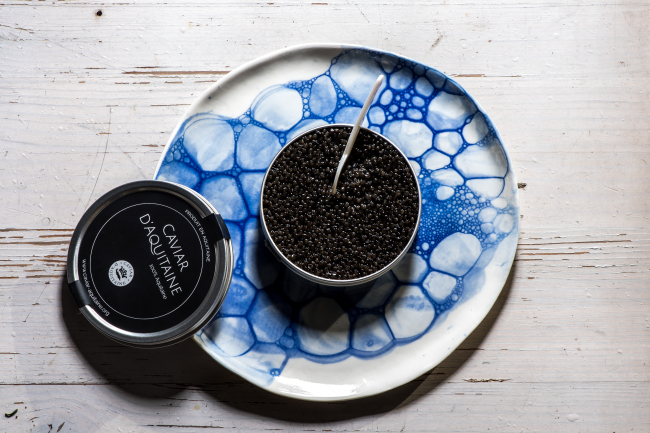
News
